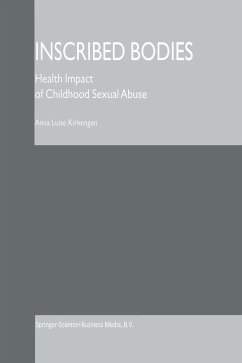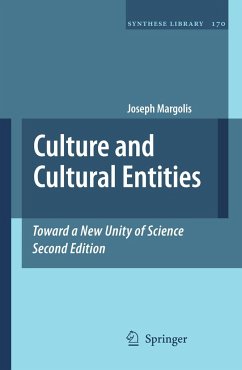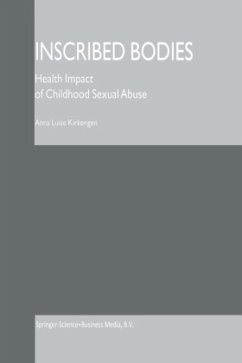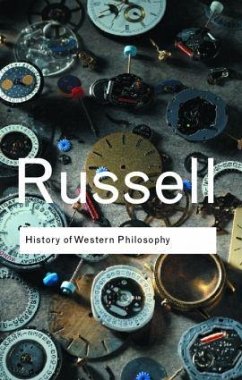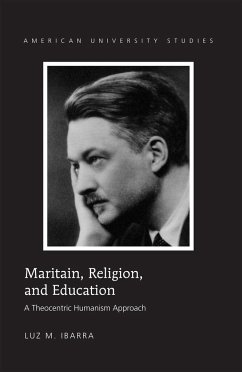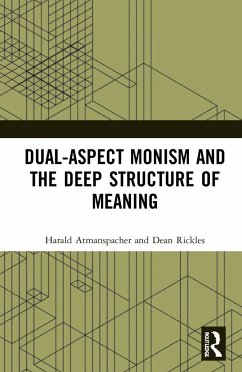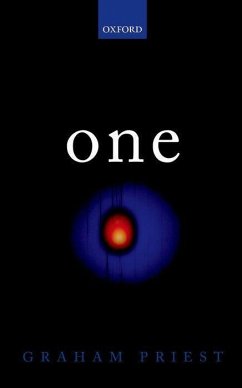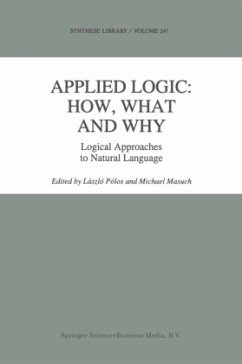Nicht lieferbar
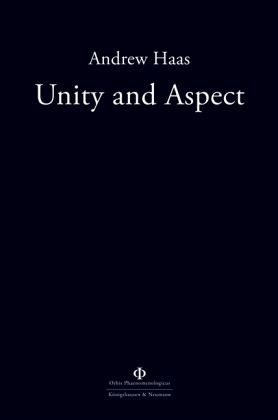
Unity and Aspect
Versandkostenfrei!
Nicht lieferbar
What is first philosophy today? In Unity and Aspect, the questioning begins with a new (old) approach to metaphysics: being is implied; it is implied in everything that is; it is an implication. But then, the history of philosophy must be rethought completely - for being implies unity, and time, and the other of time, namely, aspect. The effect on the self and on self-understanding is radical: we can no longer be thought as human beings; rather, reaching back to the ancient Greek name for us (phos), Haas seeks to rearticulate us as illuminating, as illuminating ourselves and others, and as imp...
What is first philosophy today? In Unity and Aspect, the questioning begins with a new (old) approach to metaphysics: being is implied; it is implied in everything that is; it is an implication. But then, the history of philosophy must be rethought completely - for being implies unity, and time, and the other of time, namely, aspect. The effect on the self and on self-understanding is radical: we can no longer be thought as human beings; rather, reaching back to the ancient Greek name for us (phos), Haas seeks to rearticulate us as illuminating, as illuminating ourselves and others, and as implicated in our illuminations. Unity and Aspect then provokes us to problematize words and deeds, thoughts and things - and this means reconsidering our assumptions about history and survival, meaning and universality, sensibility and intimacy, knowledge and intentionality, action and improvisation, language and truth. And if Haas suspends the privilege enjoyed by our traditional philosophical concepts, this has implications for fields as diverse as ontology and phenomenology, ethics and aesthetics, education and linguistics, law and politics.





